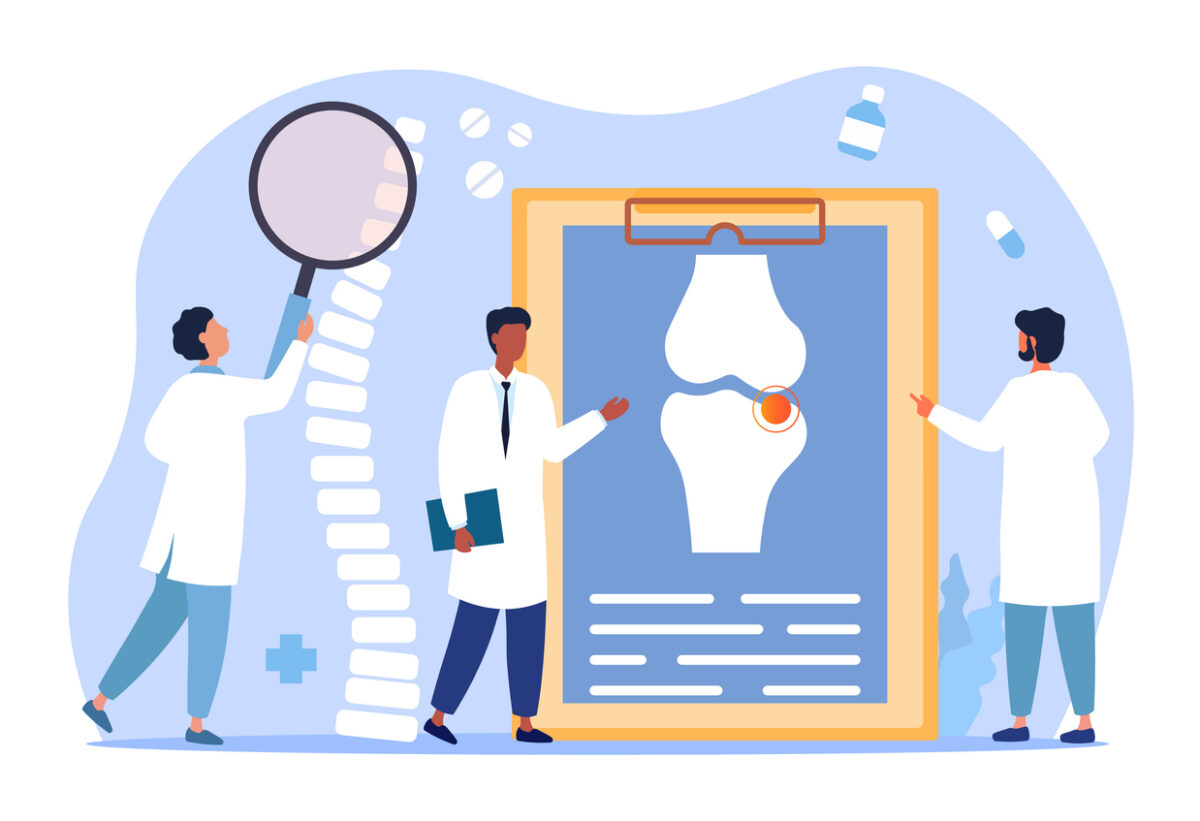Osteoporosis is a major health concern, especially for middle-aged and older women. This condition weakens bones, increasing the risk of fractures and limiting mobility. While medications exist, many prefer natural ways to strengthen bones and reduce the risk of osteoporosis. In this guide, we’ll explore the best diet, lifestyle habits, and supplements to support lifelong bone health.
Understanding Osteoporosis: Why Bone Health Matters
What Is Osteoporosis?
Osteoporosis occurs when bones become weak and brittle due to decreased bone density. This often results from aging, hormonal changes, and inadequate nutrient intake. Women over 50 are at higher risk due to declining estrogen levels after menopause.
Key Risk Factors for Osteoporosis
- Aging and menopause
- Low calcium and vitamin D intake
- Sedentary lifestyle
- Smoking and excessive alcohol consumption
- Family history of osteoporosis
If left untreated, osteoporosis can lead to serious fractures, particularly in the hips, spine, and wrists, significantly impacting mobility and independence.
The Best Natural Foods for Stronger Bones
Calcium-Rich Foods
Calcium is essential for maintaining strong bones. Good sources include:
- Dairy products (yogurt, cheese, milk)
- Leafy greens (kale, bok choy, spinach)
- Almonds and sesame seeds
- Fortified plant-based milk (soy, almond, oat)
Vitamin D for Better Calcium Absorption
Without enough vitamin D, your body cannot absorb calcium properly. Get vitamin D from:
- Sunlight exposure (15–30 minutes daily)
- Fatty fish (salmon, mackerel, tuna)
- Egg yolks
- Fortified foods (milk, cereals, orange juice)
Magnesium and Vitamin K2
- Magnesium helps convert vitamin D into its active form for better calcium absorption. Find it in nuts, seeds, and whole grains.
- Vitamin K2 directs calcium into bones rather than arteries, supporting bone structure. Good sources include natto (fermented soybeans), eggs, and dairy.
Beta-Cryptoxanthin: A Natural Bone Booster
Beta-cryptoxanthin, found in mandarins and papayas, supports bone metabolism and helps reduce the risk of osteoporosis. Studies suggest this nutrient promotes bone formation and slows bone loss (source).
Exercise and Lifestyle Habits to Prevent Osteoporosis
Strength Training and Weight-Bearing Exercises
Physical activity stimulates bone growth and prevents bone loss. The best exercises for bone health include:
- Weight-bearing exercises: Walking, jogging, dancing
- Strength training: Lifting weights, resistance bands
- Balance exercises: Yoga, tai chi, Pilates
Maintain a Healthy Weight
Being underweight increases osteoporosis risk, while excess weight can strain bones. Maintain a balanced diet and stay active to support bone strength.
Quit Smoking and Limit Alcohol
Smoking reduces calcium absorption and weakens bones. Excess alcohol interferes with vitamin D and calcium metabolism, increasing fracture risk.
Get Enough Sleep
Bone regeneration occurs during sleep. Aim for 7–9 hours of quality sleep each night to support bone health.
Key Nutrients and Supplements for Bone Health
Why Supplements Matter
Even with a healthy diet, it can be challenging to get all essential nutrients. Quality supplements can help fill these gaps and enhance bone strength.
Essential Bone Health Supplements
| Nutrient | Benefits | Food Sources | Supplement Option |
|---|---|---|---|
| Calcium | Strengthens bones | Dairy, leafy greens | Calcium citrate or carbonate |
| Vitamin D | Enhances calcium absorption | Sunlight, fish, fortified foods | D3 supplements |
| Magnesium | Supports bone density | Nuts, seeds, whole grains | Magnesium glycinate |
| Vitamin K2 | Directs calcium to bones | Natto, dairy, eggs | MK-7 supplements |
| Beta-Cryptoxanthin | Promotes bone formation | Mandarins, papaya | Juveriente Bone Strength Complex |
Juveriente Bone Strength Complex: A Natural Supplement for Bone Health
Juveriente Bone Strength Complex is a science-backed supplement that includes beta-cryptoxanthin, soy isoflavones, magnesium, and vitamin K2 to promote bone health naturally. Unlike standard calcium supplements, it provides comprehensive support for bone metabolism.
Long-Term Strategies for Maintaining Bone Strength
Regular Bone Density Testing
If you are over 50 or have risk factors for osteoporosis, schedule a bone density scan (DEXA scan) to assess your bone health and take preventive action.
Monitor Hormone Levels
Postmenopausal women should be aware of declining estrogen levels, as they directly impact bone density. Natural hormone-balancing foods like soy isoflavones may help.
Stay Active for Life
Consistency is key. Engage in weight-bearing exercises at least 3–5 times per week to maintain bone strength as you age.
Consider Natural Supplements
If you’re concerned about osteoporosis but want to avoid medications, adding Juveriente Bone Strength Complex to your daily routine can support natural bone maintenance.
Final Thoughts: A Holistic Approach to Bone Health
Preventing osteoporosis naturally requires a balanced diet, regular exercise, and smart supplementation. Prioritize nutrient-dense foods, engage in bone-strengthening activities, and consider Juveriente Bone Strength Complex for added support.
By adopting these habits early, you can maintain strong bones and reduce your risk of osteoporosis, ensuring a healthier, more active future.
👉 Take control of your bone health today with smart choices and natural support!








